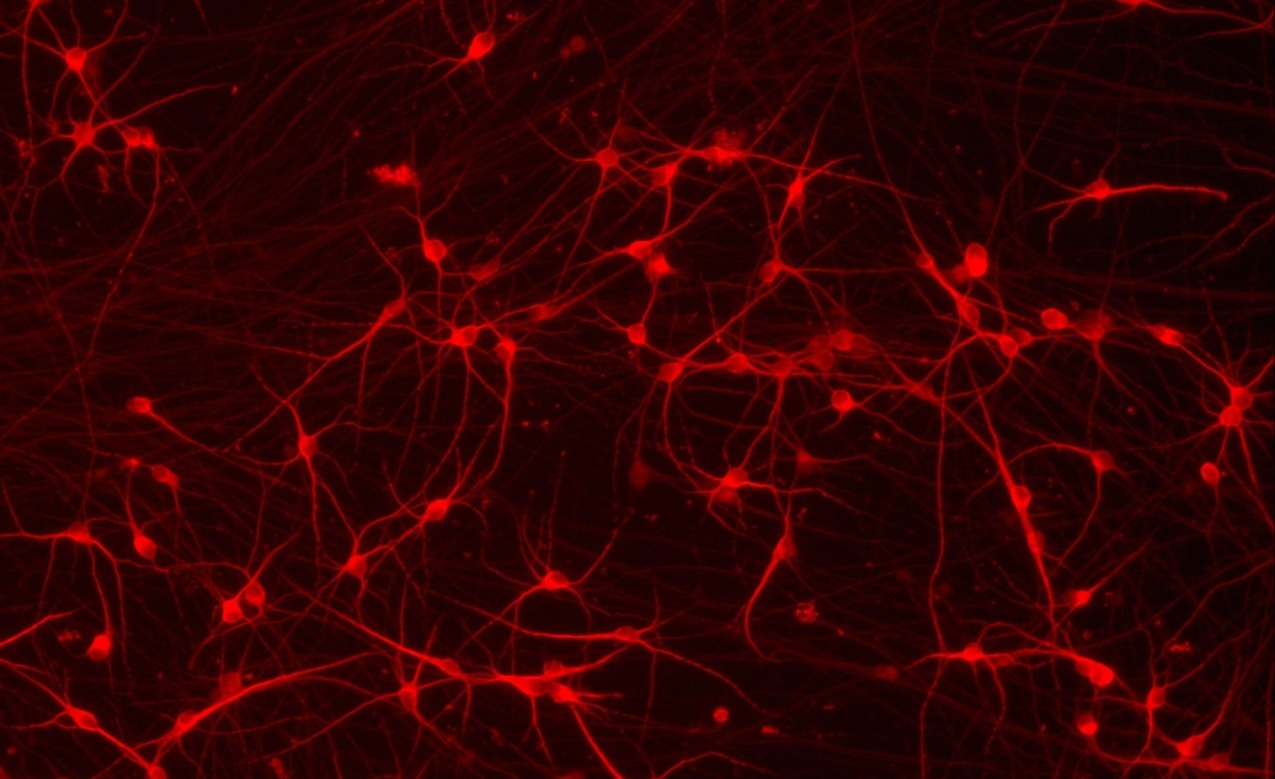Webinar
MEA workshop | Tips and tricks for iPSC-derived neurons
This webinar offers practical guidance on using MEAs with iPSC-derived neurons. Experts from bit.bio and Axion BioSystems share setup tips, culture best practices, and data insights to help researchers improve the reliability of their MEA experiments.

This webinar offers practical guidance on using MEAs with iPSC-derived neurons. Experts from bit.bio and Axion BioSystems share setup tips, culture best practices, and data insights to help researchers improve the reliability of their MEA experiments.
Multi-electrode arrays (MEAs) are powerful tools for functional characterisation of neurons and neural networks, but success depends heavily on the right experimental setup. In this 45-minute workshop, MEA experts from bit.bio and Axion Biosystems will share helpful guidance, practical tips, and real-world data to help you generate robust, reproducible MEA results with iPSC-derived neurons. From selecting the right cells and substrates, to optimising culture conditions and data analysis, this session is designed to support researchers at all stages of their MEA workflow.
Key learning points:
- Understand the differences between iPSC-derived neurons and primary cultures and how to select the best model for your MEA experiments.
- Learn best practices for cell plating, media choice, and maintenance to support healthy, active neural networks.
- Discover key MEA setup parameters and data analysis tools to help reduce noise and extract meaningful biological signals.
- See how defined iPSC-derived co-cultures of glutamatergic neurons, GABAergic neurons, astrocytes perform in MEA studies with example datasets
For accessing webinar, please fill out the form below.

